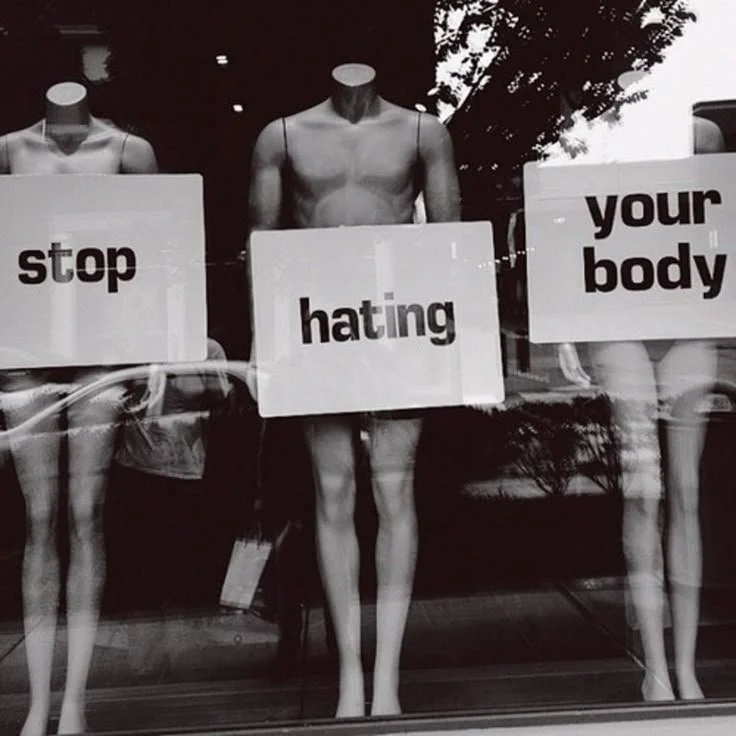Choosing Peace Over Proving
You don’t need to win every debate.
You don’t need to defend every choice.
You don’t need to justify your rest.
You don’t need to prove your value through exhaustion.
You are allowed to choose peace, even when proving would feel more familiar.
Choosing peace over proving doesn’t make you less capable. It makes you less consumed.
And when you’re less consumed, you have more space for clarity, presence, connection, and joy.
Peace is not something you earn after proving yourself.
It is something you choose instead.
Impostor Syndrome: Why We Doubt Ourselves and How to Overcome It
Impostor Syndrome isn’t a mental illness. It’s a pattern of self-doubt that makes people feel like frauds, even when they’re successful, competent, and qualified. They may attribute achievements to luck, timing, or others’ support, anything but their own effort and capability.
If you’ve ever felt like an impostor, chances are you’re not one. Real impostors don’t question themselves, they overestimate their competence. The very fact that you care, reflect, and worry means you’re conscious, not counterfeit.
The Psychology of Body Image: How to Build Self-Acceptance
Body image isn’t really about the body.
It’s about how we feel about the body.
How we were taught to see ourselves. How we've come to believe we must look to be accepted, loved, or even just… enough.
And in a world that often sells beauty as a currency of worth, the way we view our own bodies can quietly shape our confidence, our relationships, our eating habits, and even our willingness to take up space.
But body image is not fixed.
Like any belief, it can evolve.
With compassion, awareness, and psychological insight, we can learn to stop fighting our bodies—and start coming home to them.




